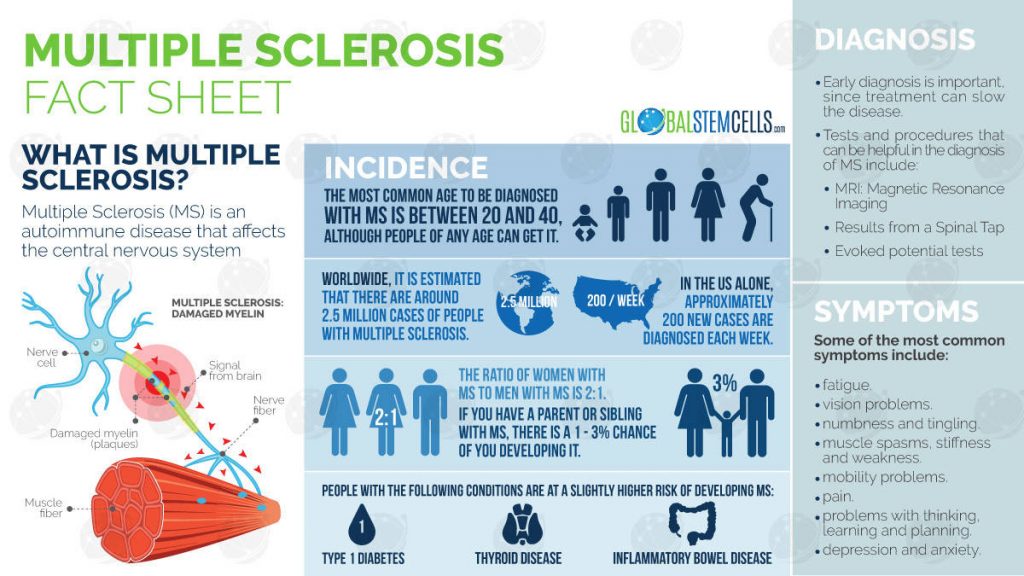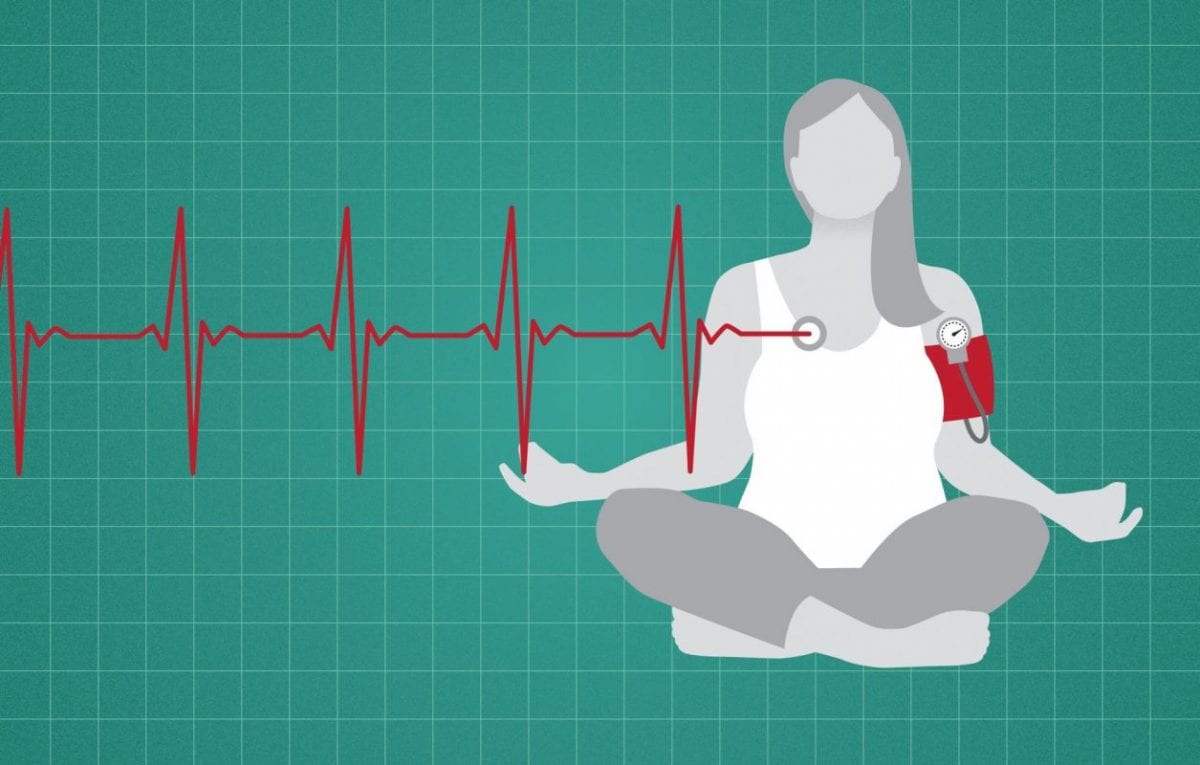Five years ago, I woke up with a major case of vertigo. If I so much as moved my head, I felt like I was on a rollercoaster. And I get pretty motion sick on roller coasters. It was bad, and then it got worse.
I figured this was one of those freak things that would pass in a few minutes. I was wrong. Aside from vertigo, I had a very general feeling that things weren’t right. By the end of the day, I was seeing double. You know how the world looks when you cross your eyes? That’s what I saw.
I was sure I had developed a brain tumor that swelled up overnight. This was it… I was going to die.
So, I guess it should have been a relief when the doctor started talking about Multiple Sclerosis (MS). Somehow, it wasn’t. I had an uncle who passed away from complications of the disease, and by the time he passed, his life was rather horrific. I saw how quickly and unsympathetically this disease can ravish someone’s body and mind.
I’m not ashamed to admit that I spend most of the day curled up and crying when I finally got the news (it’s a long road to diagnosis), but I quickly made a decision that would change my life.
I wasn’t going out like that. Not me. And not without a fight.
Before my tears had a chance to dry, I was furiously Googling for answers. I wasn’t sure if I’d take the interferon drugs for my vertigo, but I knew I wanted more options than what my neurologist was offering.

How I found alternative therapies
It can take a lot of digging to find alternative therapies on your own. Unfortunately, many people seek to profit on the misfortune of others. If you have the means, I’d suggest going to a naturopath to talk through potential therapies for any chronic illness you face. If you find a doctor you can trust, it may help streamline your search for a treatment that fits your lifestyle.
I’ve found that there are various categories of alternative therapies. The following are therapies that I’ve tried.
- Dietary – In my research, I came across many pages that link dietary changes to disease improvements. I was explicitly searching for MS-related information, so that’s what I found. But I also came across a great deal of information on how diets can play a role in disease progression (for better or worse). Personally, I chose to get a book from a doctor named Terry Wahls. Wahls was wheelchair bound with secondary progressive MS when she began researching the role of nutrition in this disease. She came up with a diet focused on fueling the mitochondria (powerhouses of your cells), which she then followed. Dr. Wahls no longer needs the wheelchair and she still practices medicine.
- Cutting edge – There is a lot of research being done on using stem cells to treat MS. It’s not mainstream, and it’s not something you can do yourself, but there was so much promise that I decided to consider stem cell therapy. I was lucky enough to become part of a clinical trial that has changed my life. Stem cells are being researched for many other diseases and injuries. If you want to learn more, ask your doctor about any potential options. Stem cells or not, you may find a trial you’re interested in taking. But be sure to talk through and consider the risks before you make a decision.
- Eastern – Eastern medicine has been treating disease and symptoms of vertigo for a longer time than Western medicine, and there may be some merits in Eastern techniques. I tried things like meditation and acupuncture to help alleviate symptoms of MS, specifically the pain.
How alternative therapies changed my life
I’ve already told you about my first episode. My second brought a world of pain. It was a deep kind of muscular pain that I couldn’t even pinpoint. It started in a localized area, but it seemed to radiate everywhere. Well, that pain never completely went away. MS is a disease that’s characterized by episodes that come and go including vertigo, but each episode can cause lasting damage that never subsides.
Fast forward to today, and I’m overjoyed to tell you that I’m living a pain-free life. No one can say where I’d be without the alternative therapies, but I’m glad to be rid of the debilitating pain. I’m thankful for every pain-free moment.
I’d advise anyone to be cautious whenever trying an alternative therapy, but if you have knowledge and support, always consider the road less traveled. Not every treatment is viable, and nothing is guaranteed to work, but at least there’s hope.









